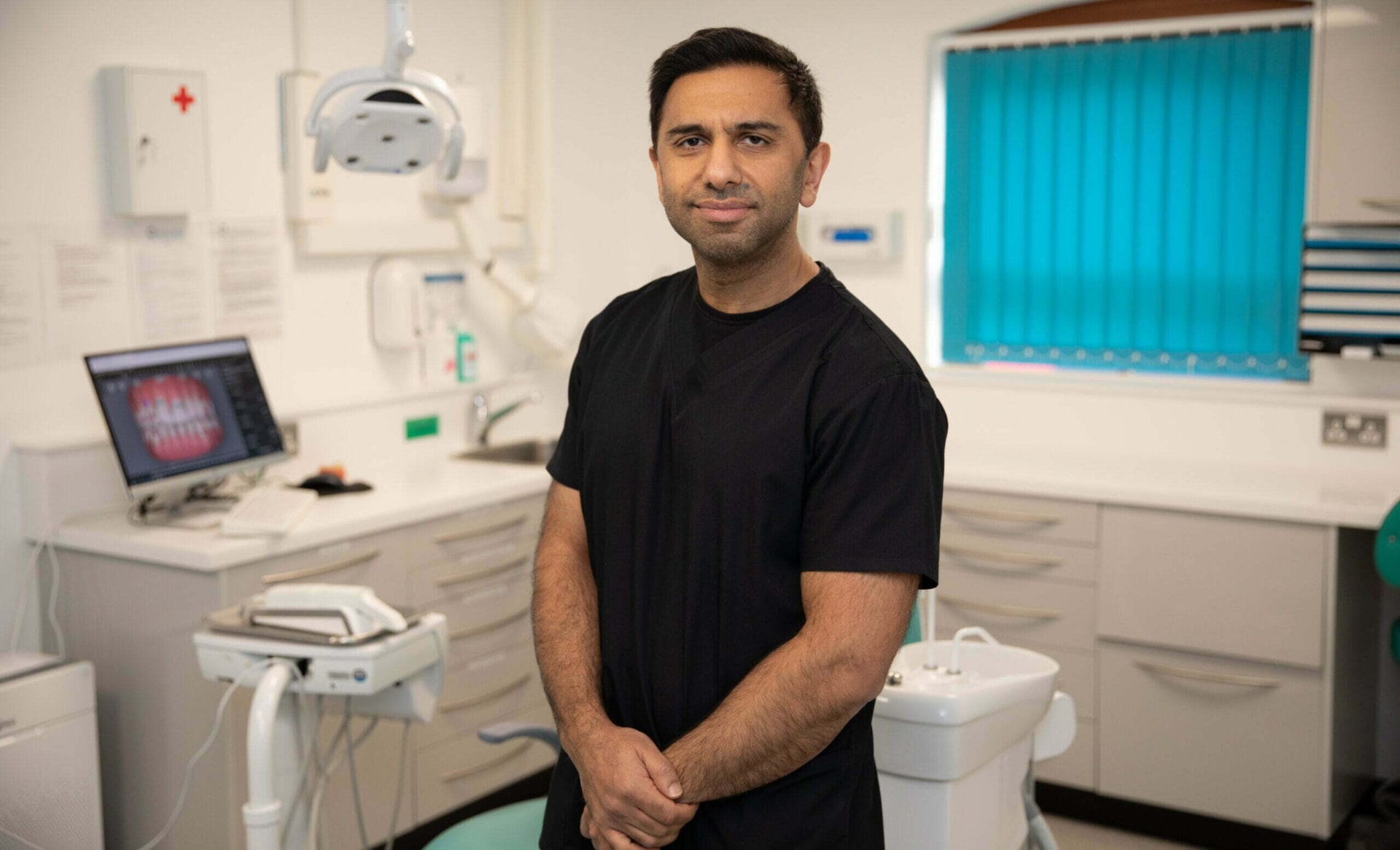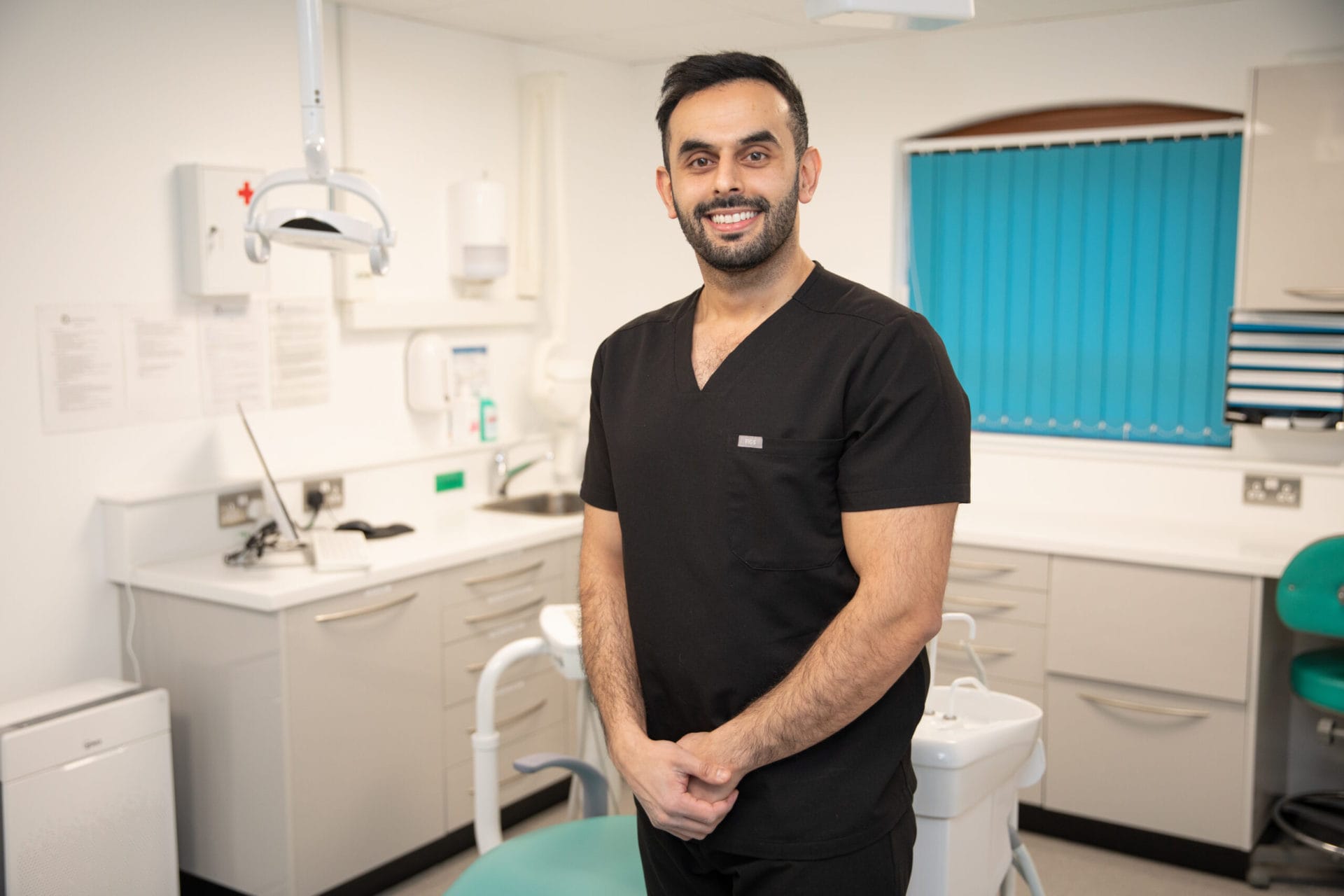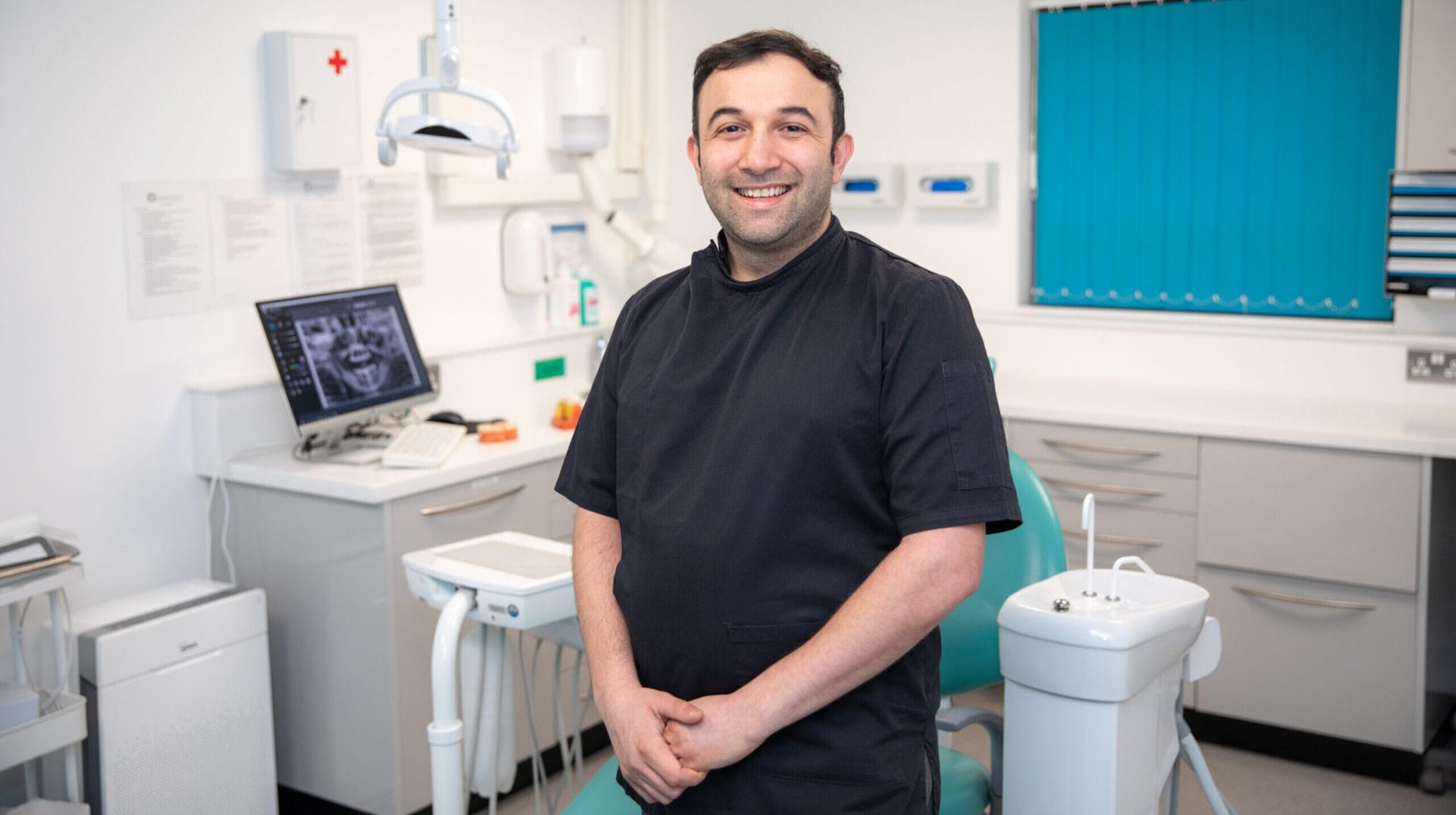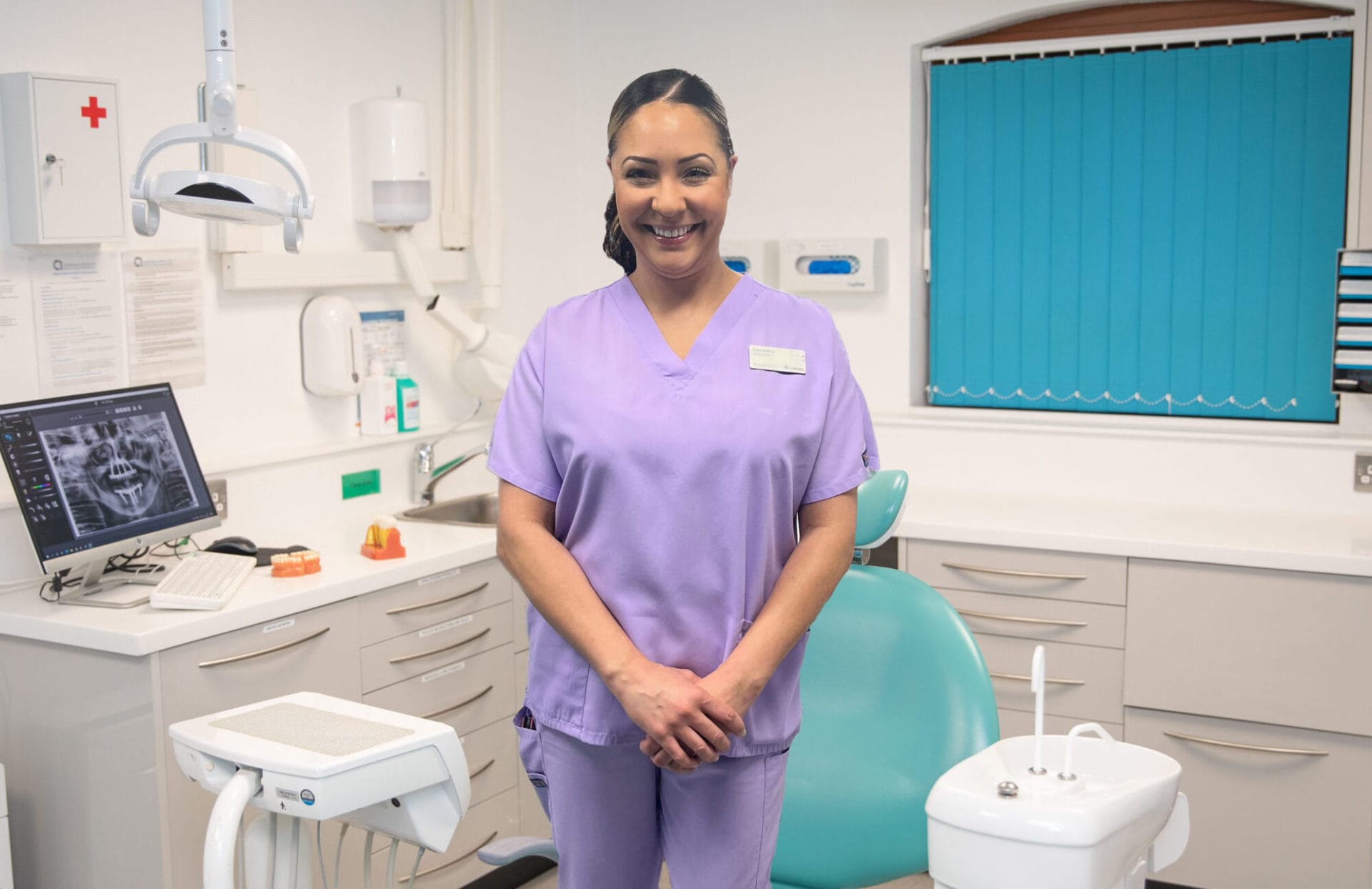
Losing a tooth can be a challenging experience, affecting not only your smile but also your oral health. Whether due to tooth decay, injury, or disease, the gap left behind needs a solution that not only looks natural but also restores functionality.
Dental implants and dental bridges are common solutions and two of the most popular tooth replacement options available today. This blog will explore each treatment, discussing its processes, pros, cons, and suitability. By the end, you’ll have the information you need to make an informed, confident choice about which treatment would be best for you.
Dental Implants: A Modern Solution for Missing Teeth
Dental implants are often praised for their durability and the ability to maintain oral health. An implant involves inserting an artificial tooth root made from titanium into the jaw bone, where it fuses over time—a process known as osseointegration. Once healed, a dental crown is attached, offering a permanent solution that mimics a natural tooth both in function and appearance.
The Pros of Dental Implants:
- Implants prevent bone loss by stimulating the jaw bone, similar to a natural tooth root.
- They do not require altering adjacent teeth, preserving more of your natural dental structure.
- Implants have a high success rate and can last a lifetime with proper care, making them a viable long-term solution.
The Cons of Dental Implants:
- Higher upfront cost compared to bridges.
- Requires surgical procedures, which involve a longer healing time.
- Not suitable for everyone, especially those with insufficient bone density without bone grafting.
Dental Bridges: A Time-Tested Approach
Dental bridges traditionally involve creating a bridge using a false tooth (or teeth) anchored by abutment teeth—the healthy teeth on either side of the gap. These abutment teeth are usually fitted with crowns to secure the bridge in place. Bridges are a quicker and often more affordable option compared to implants.
The Pros of Dental Bridges:
- Less expensive upfront cost.
- Shorter treatment time, with no lengthy surgeries required.
- Covered by most dental insurance plans.
The Cons of Dental Bridges:
- Bridges can lead to bone loss under the false tooth as they do not stimulate the jaw bone.
- It might require replacement after 5-10 years.
- Preparation involves altering the adjacent teeth, which may harm otherwise healthy teeth.
Key Differences and Considerations
The key differences between dental implants and bridges lie in their approach to dealing with missing teeth. Implants offer a more natural appearance and functionality but come at a higher cost and with more invasive procedures. In contrast, bridges can be more practical and economical for those looking for a quicker solution or who are not candidates for surgery.
Who Should Choose What?
Dental implants are ideal for individuals looking for a permanent solution that offers a natural appearance and functionality without compromising the health of adjacent teeth. It’s a suitable treatment for patients in good general and oral health who can undergo minor surgical procedures.
Dental bridges, on the other hand, are better for those who prefer a less invasive option, need a quicker solution, or have budget constraints. They are also suitable for patients who cannot undergo surgery or do not have enough strong jaw bone for an implant.
Make The Right Choice For Your Oral Health
Choosing between dental implants and dental bridges ultimately depends on individual needs, medical suitability, and personal preferences. While implants are often seen as the best long-term investment for tooth replacement, bridges offer a viable and quicker alternative for many.
If you’re uncertain about which option to choose, remember that you don’t have to make this decision alone. As your trusted private dentist in Leeds, we are here to guide you through each step, ensuring you select the best dental treatment path for your unique situation.
Book a consultation with us today. Let’s discuss your options in a caring and supportive environment and take the first step towards restoring your beautiful smile. Contact us now to see how we can help you choose the right treatment path and bring the confidence back to your smile.



















